P-12, the electric ferry that glides over water
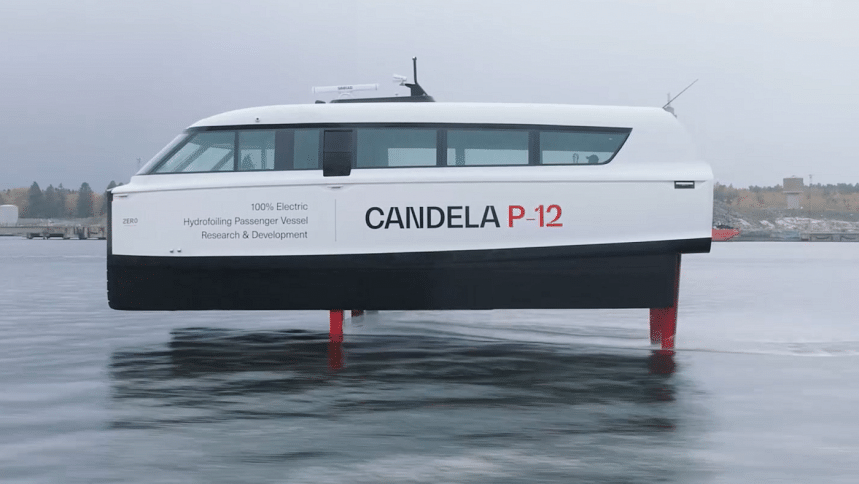
The P-12 Shuttle, developed by Swedish company Candela, recently debuted as an electric-powered passenger ferry, designed to glide above the water. According to Candela, the ferry has a speed of up to 30 mph, while running silently on electricity.
According to Candela's official website, the P-12 uses two Candela C-POD motors and a 252 kWh battery. With three carbon-fibre hydrofoils lifting its hull, the P-12 can significantly reduce drag, a design that Candela says lowers its energy use by 75% compared to conventional fast vessels. The result is a ferry that travels further on less power and operates without the noise and pollution associated with diesel-powered boats.
"Passenger ferries have traditionally required a lot of fuel, which is both costly and environmentally taxing," said Gustav Hasselskog, founder and CEO of Candela, as stated in a recent coverage by Reuters. "With our hydrofoil technology, combined with an electric drivetrain, we've created a model that cuts energy use while keeping operations cost-effective."
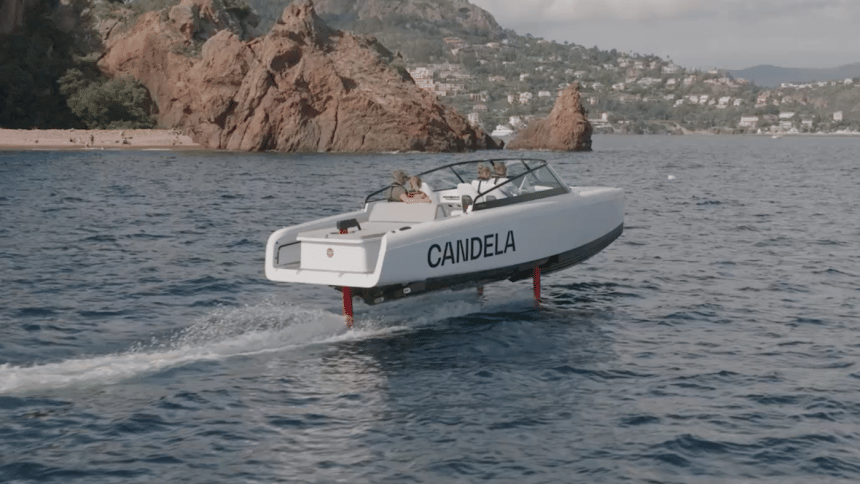
The P-12 can carry up to 30 passengers, along with bicycles and wheelchairs, and currently operates on a direct route from the island of Ekero in Lake Mälaren to Stockholm's city centre. The new route reduces a typical 50-minute trip to just 25 minutes, states the Reuters report. The P-12 is scheduled to run five days a week, from Tuesday to Saturday, before taking a seasonal break over the winter.
The P-12 is designed to manage rough water conditions, foiling over waves up to one meter high and shifting to a standard catamaran mode in rougher seas, says Candela. The ferry's carbon-fibre hydrofoils are built to withstand smaller debris, with a designated breaking point in the case of larger impacts, such as rocks or logs.
With its launch in Stockholm, the P-12 highlights the potential for electric ferries to alleviate congestion and cut emissions in cities with accessible waterways.

 For all latest news, follow The Daily Star's Google News channel.
For all latest news, follow The Daily Star's Google News channel. 

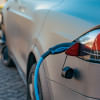
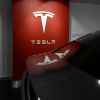
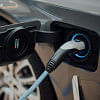
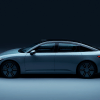
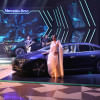


Comments